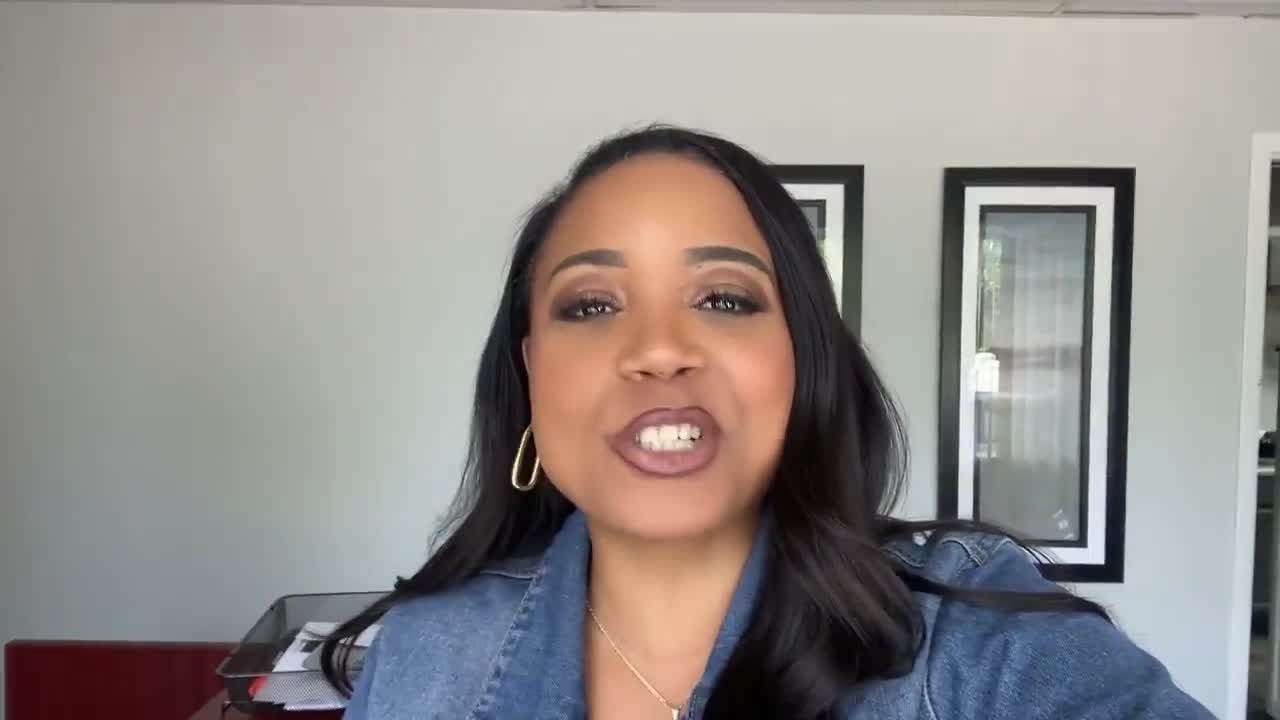follow-up techniques
What are effective follow-up strategies to increase sales conversions?
Effective follow-up strategies start with understanding that 80% of closed deals happen on the fifth attempt, making consistent follow-up essential. Mapping out a structured process and automating as much as possible ensures these crucial steps get done. Timing is critical - striking while the iron is hot, especially in the first seven days after contact. Creative approaches like sending content snacks, utilizing social proof, and even using memes keep prospects engaged. Surprise elements such as anniversary gifts and personalized snail mail can differentiate you from digital-only communicators, creating memorable touchpoints that transform fence-sitters into customers.
Watch clip answer (06:12m)What are the two main pathways for handling price objections in sales?
The first pathway involves sidestepping minor objections by saying 'let's circle back to that in a minute' and continuing the sales process. This works when the buyer's hesitation is minor and they'll likely forget it as they learn more about your product's value. The second pathway is for substantial objections like budget constraints, which require tackling head-on by diving deeper into the conversation. This approach involves asking questions to understand their concerns, demonstrating ROI, and balancing cost versus benefits. Both strategies help transform initial rejections into opportunities by focusing on value rather than defending price.
Watch clip answer (00:02m)What is the most effective approach for follow-up messaging when clients have already agreed to take action?
When clients have agreed to take action (like signing contracts or sending payments), Matt Easton recommends maintaining clear, consistent messaging rather than changing your approach. Instead of passive follow-ups like "just checking in," provide the specific resource they need to complete their promised action. For example, say: "I wanted to make sure you had the link to upload your statements" or "the address to send the check." Keep the same straightforward message across multiple follow-ups without changing tonality or showing frustration, as this maintains professionalism while gently reminding clients of their commitment without creating resistance.
Watch clip answer (04:03m)What are the key strategies for formulating effective interview questions according to Chris Wallace?
According to Chris Wallace, thorough preparation is essential when formulating interview questions. He emphasizes that while interviewers may not know as much as their subjects about specific topics, they have the advantage of knowing what they'll ask in advance. Wallace stresses making questions 'bulletproof' by keeping them focused, narrow, and precisely phrased to prevent interviewees from exploiting imprecisions. Equally important is the follow-up question, which Wallace considers crucial for creating newsworthy moments. He notes that the initial question is sometimes almost a 'throwaway,' while the real value comes from carefully listening to responses and crafting targeted follow-ups. This approach allows interviewers to maintain control of the conversation and extract meaningful information even from challenging subjects.
Watch clip answer (03:44m)What are effective follow-up strategies to increase sales conversions?
Effective follow-up strategies include understanding that most prospects require nurturing rather than immediate decisions, mapping out a structured follow-up process with specific messaging for each step, and automating as much of the process as possible while maintaining personalization. Timing is crucial - follow up immediately after initial contact and consistently during the first seven days. Creative approaches like using social proof, sending personalized memes, anniversary gifts, and snail mail can significantly differentiate your outreach. These strategies work because they maintain prospect engagement, build trust, and keep you top-of-mind, ultimately leading to higher conversion rates.
Watch clip answer (00:57m)How can social proof be used effectively in follow-up strategies?
Social proof is a powerful follow-up strategy that incorporates testimonials, video screenshots, and other evidence of client success to help convert prospects. By strategically sharing these materials during follow-ups, you demonstrate credibility and create peer pressure that influences decision-making. The more testimonials collected, the greater your results will be. Social proof works because it helps prospects who are on the fence or even resistant to move toward a positive decision. Testimonials are particularly effective as they allow potential clients to see others' positive experiences, making them more likely to believe in your value.
Watch clip answer (07:26m)



